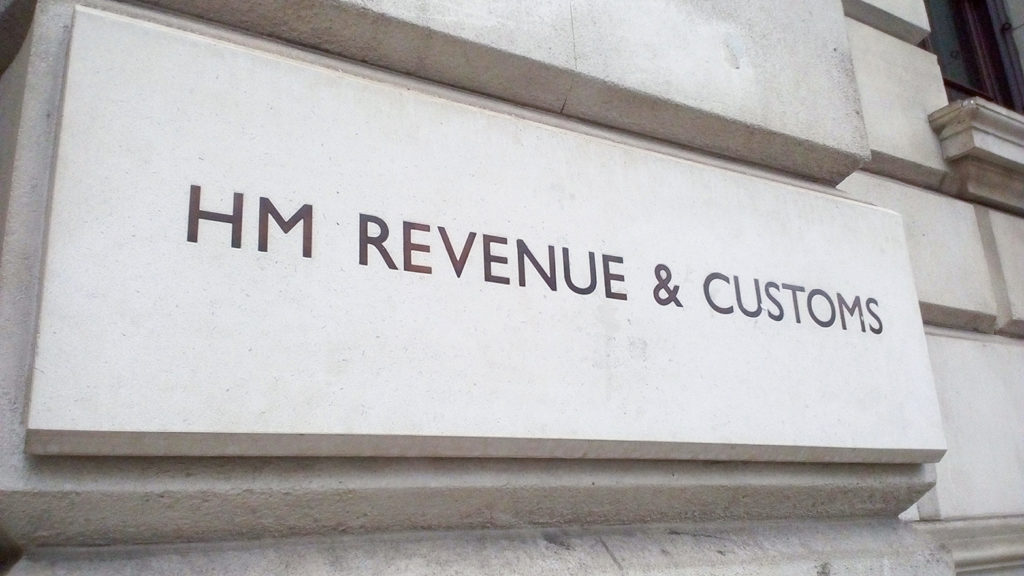HMRC estimates that the UK has lost £2.6 billion of tax revenue, and they have a plan to make up for the loss. From April 4th 2022, tax checks will be conducted on new applications for private hire licenses. This is being called ‘conditionality’, as entry to the private hire trade (through licensing) is now conditional on tax checks.
HMRC will introduce checks on tax registrations for all renewed applications in England and Wales. This includes…
● Applications to drive taxis
● Application drive private-hire vehicles
● applications to operate a private-hire business
Licensing bodies and local authorities will need confirmation from HMRC that applicants have passed the check before being given a renewed license.
HMRC is doing this as a response to the hidden economy, which they believe exists as a result of a confusion and a lack of understanding about tax obligations. Making access to licenses conditional on a tax check certainly makes it more difficult for people to enter or remain as part of the ‘hidden economy’.
Plan Insurance can provide bespoke taxi insurance quotes for all UK drivers. Just fill in our short online questionnaire, and our professional brokers will be in contact to arrange your insurance.
Why Are HMRC Doing This?
HMRC has conducted two consultations on using conditionality to tackle the hidden economy. They say that untaxed drivers deprive the government of funding for vital public services. Also, compliant drivers and operators are forced to charge more to make a profit.
Being unregistered for tax makes it a lot easier to undercat tax-paying private-hire companies. Though HMRC isn’t anyone’s favourite organisation, they certainly have a point here.
In the 2020 budget, it was announced that the government will include legislation in the 2020-2021 finance bill. They declared that they will make the renewal of licenses to drive taxis and private hire vehicles and deal in scrap metal conditional on tax checks.
How Will Conditionality Work?
According to HMRC, licensing bodies will signpost first-time applicants to HMRC guidance about tax obligations. This is to get confirmation that they are aware of what is expected of them before considering the application.
The tax check will be carried out by providing enough information for HMRC to be satisfied that the applicant is aware of their tax obligations and ready to do the right thing. If the licensing body is unable to obtain confirmation of tax check completion for 28 days, licenses will either be denied or will be allowed to expire.
Some say that this HMRC scheme could earn them an extra £65milion each year in the taxi and private-hire industry alone by 2026.
What Should Operators Do?
We consulted specialist taxi and private-hire accountant and director of Eazitax, Gary Jacobs.
This is what he had to say….
“The hot water that drivers and private hire companies will find themselves in should be taken seriously by the industry. Making sure that your company and your drivers are compliant with HMRC’s tax checks, and that they have valid licenses, should be part of your onboarding and operations processes.
As an operator, your license isn’t at risk, but your driver retention is.
Driver shortages will be made much worse for operators with untaxed drivers.
Unregistered drivers that haven’t paid tax in a while need to know that all is not lost. Drivers shouldn’t hide, that will only make it worse. They should approach HMRC but (and I stress!) only with the right guidance.
If HMRC find drivers and HMRC think they are hiding…drivers could get a heavy fine and an investigation. The best thing to do is to find an expert who can help you. It’s never as bad or as scary as you think”


